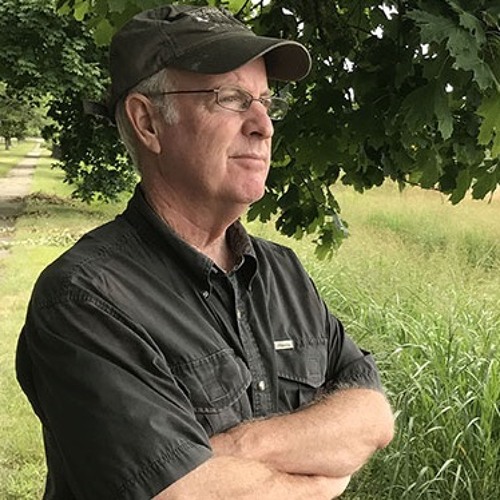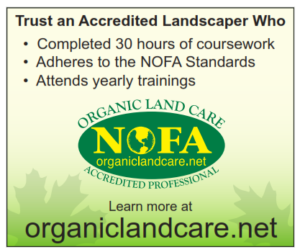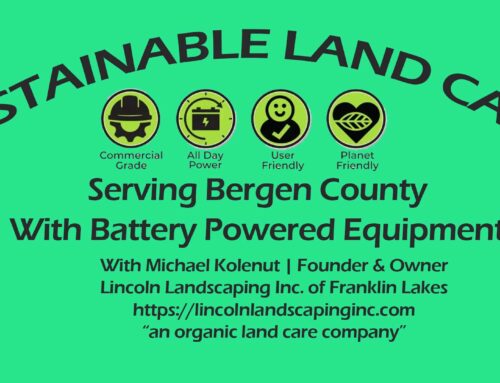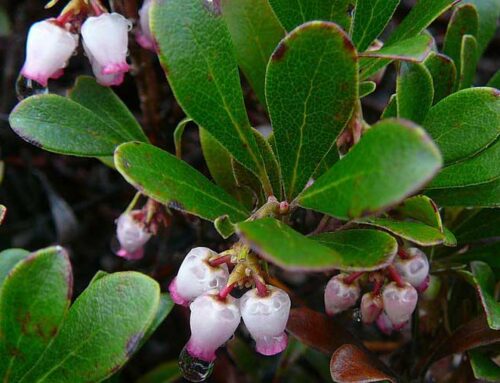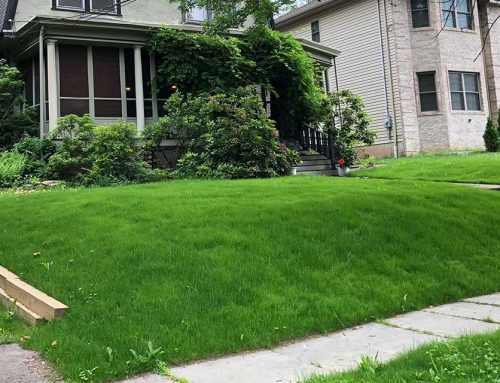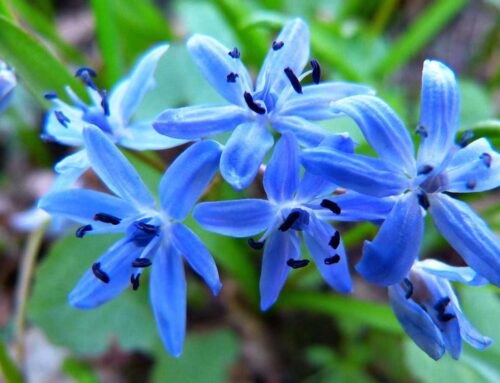Native Perennials for Pollinator Gardens
in Northern New Jersey
New Jersey Audubon’s Spring Native Plant Sale
Lorrimer Nature Sanctuary | Franklin Lakes, NJ
May 7th, 2022 | 10am to 4pm
“Because life is fueled by the energy captured from the sun by plants, it will be the plants that we use in our gardens that determine what nature will be like 10, 20, and 50 years from now.“
Native Plants Available
Nodding Onion Allium Cernuum –
Purplestem Angelica
Angelica atropurpurea
Wild Columbine Aquilegia canadensis
Wild Ginger Asarum canadense
Boneset Eupatorium perfoliatum
White Wood Aster Eurybia divaricate
Bigleaf Aster Eurybia macrophylla
Hollow Stem Joe Pye Weed Eutrochium fistulosum
Bottle Gentian Gentiana andrewsii
Wild Geranium Geranium maculatum
Woodland Sunflower
Helianthus divaricatus
Swamp Rose Mallow Hibiscus moscheutos
Blue Flag Iris Iris versicolor
Blazing Star Liatris spicata
Cardinal Flower Lobelia cardinalis
Great Blue Lobelia Lobelia siphilitica
Virginia Bluebells Mertensia virginica
Bee Balm Monarda didyma
Wild Bergamot Monarda fistulosa
Prickly Pear Opuntia sp
Golden Ragwort
Packera aurea
Giant Solomon’s Seal Polygonatum biflorum var. commutatum
Hoary Mountain Mint
Pycnanthemum incanum
Broadleaf Mountain Mint Pycnanthemum muticum
Tall Coneflower Rudbeckia grandiflora
Bloodroot Sanguinaria canadensis
Woodland Stonecrop Sedum ternatum
Showy Goldenrod Solidago speciosa
Foamflower Tiarella cordifolia
Lorrimer Sanctuary was bequeathed to the New Jersey Audubon Society by Ms. Lucine L. Lorrimer in 1956. The main house, parts of which date back to the late 1700’s, is the present visitors’ center and Sanctuary office.
The visitors’ center has an exhibit and lecture room, winter bird feeding station, interpretive displays, hands-on exhibits, and a gift shop, the proceeds of which benefit the Sanctuary. There is a self-guiding trail system that winds through the 14 acres of land. Much of the acreage is second-growth woods (mostly oak, maple, ash, and beech); and small stands of planted evergreens. The trails are open during Sanctuary hours.
Worldwide evidence shows that pollinator populations are declining. By creating attractive environments for pollinators in an urban setting you can provide essential habitats for these insects and birds. Habitats may not be widely available in a setting such as a new housing development, but you have the ability and means to provide one, after which your neighbors, upon seeing the benefits you are reaping, will probably follow suit. Pollinators, such as bees and butterflies, are also very interesting to observe, and when you foster a pleasant pollinator-friendly garden you can experience a piece of pure, wild nature in your own backyard.
Need some help implementing or getting started with organic lawn and gardening? Give us a shout and we can help you. At Lincoln Landscaping cultivating the environment is our life and livelihood. It is our number one goal to help our clients create and maintain beautiful landscapes while reducing the impact on the environment. Whether you are interested in a pollinator landscape garden design and build or other landscaping or property management project; we can create for you an environmentally friendly, organic and beautiful property.
Together with you, we create sustainable Eco-Systems. As the Navajo Indians would say “Yua Tah Hey”
Lincoln Landscaping Inc of Franklin Lakes
“creating eco-systems”
Lincoln Landscaping “The Natural Choice”
Mike Kolenut President & CEO
https://lincolnlandscapinginc.com
(201) 848-9699


